Tracing Origins
Tea has been used medicinally for millennia. Today, it is not only a post-meal beverage but also valued as a traditional Chinese medicine capable of treating various ailments. Many people enjoy adding one or several herbs to their tea, creating medicinal blends for health and wellness. But when did tea first begin to be used as medicine? What is the history of tea's development?

Tea has long been regarded as a versatile medicinal herb. Historical medical texts record over two hundred tea-based prescriptions, ranging from single-ingredient remedies to complex formulas. These were used not only for treating diseases but also for promoting longevity and vitality, making tea a gem in traditional medicine.

Over tea's 4,000-year history, it was primarily used as medicine for more than 3,000 years. For instance, the Shennong Ben Cao Jing, China's earliest extant pharmacological text, documents tea's properties: "Tea tastes bitter; drinking it enhances focus, reduces drowsiness, lightens the body, and improves vision." It also mentions, "Shennong tasted hundreds of herbs and encountered seventy-two poisons in a day, but tea detoxified him." Legend has it that Shennong was poisoned by a golden-green herb and collapsed under a tea tree, where dew from the leaves revived him. Though a myth, it highlights tea's detoxifying effects. The renowned physician Hua Tuo of the Three Kingdoms noted in Shi Lun, "Long-term consumption of bitter tea sharpens the mind," emphasizing its mental benefits. Zhang Zhongjing of the Han Dynasty recorded in Treatise on Cold Damage and Miscellaneous Diseases that tea effectively treated dysentery. The Liang Dynasty physician Tao Hongjing claimed, "Drinking tea long-term lightens the body and transforms the bones," suggesting its health-boosting and life-extending properties.

During the Tang Dynasty, the imperial-compiled Tang Ben Cao stated: "Tea tastes sweet and bitter; slightly cold and non-toxic. It treats ulcers, promotes urination, resolves phlegm and thirst, aids digestion, and relieves bloating. For brewing, add evodia, scallion, and ginger for better effects." Chen Cangqi's Ben Cao Shi Yi noted its ability to "disperse heat, remove miasma, and benefit the intestines." The eminent physician Wang Tao's Wai Tai Mi Yao included a section on "New Tea Substitute Recipes," detailing tea's preparation, usage, and therapeutic applications, pioneering medicinal tea formulations. Sun Simiao, the "King of Medicine," wrote in Qian Jin Yao Fang and Qian Jin Yi Fang that tea "boosts energy and uplifts the spirit," listing over ten tea-based prescriptions. Meng Shen's Shi Liao Ben Cao also documented tea remedies for "back pain" and "toxic dysentery."